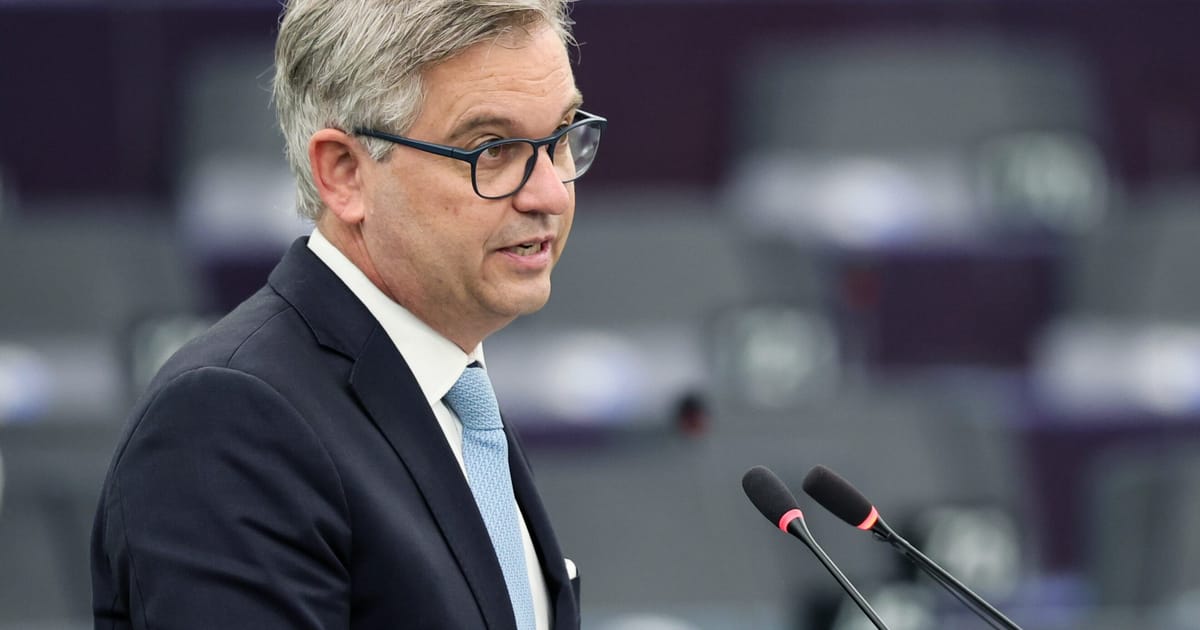

In a world increasingly interconnected by geopolitical currents, recent events underscore the complexities at play across several regions. From diplomatic shifts in Libya to unfolding humanitarian concerns in the Middle East, each narrative reveals integral facets of our global landscape.
In Libya, a diplomatic incident has captured the attention of international observers. The Eastern Libyan government recently asked Magnus Brunner, a high-level migration commissioner from the European Union, to leave the country. This decision arose following perceived diplomatic misunderstandings during Brunner’s visit to Benghazi. The incident highlights ongoing tensions and the significance of diplomacy in navigating international relations.
Turning to the Middle East, the precarious situation in Iran continues to evolve. The British couple, Lindsay and Craig Foreman, who have been detained in Iran since January on espionage charges, were at the center of ongoing concerns. Their family faced weeks of anxiety, not knowing the couple’s whereabouts or their safety following reports of an attack on Tehran’s Evin prison. Relief arrived with news that they remain in Kervan City, away from the conflict’s immediate dangers. This scenario underscores the profound impact of international diplomacy on individual lives.
Meanwhile, the enduring conflict between Israel and Palestine continues to resonate. Gaza’s health systems are overwhelmed due to the surge in casualties from ongoing aid distribution efforts. Recently, hostilities escalated with an attack that resulted in the death of five Israeli soldiers, while 18 Palestinians lost their lives in retaliatory strikes. Concurrently, diplomatic dialogues persist, highlighted by Israeli Prime Minister Benjamin Netanyahu’s visit to discuss a potential ceasefire with U.S. President Donald Trump. These measures aim to alleviate the humanitarian suffering and inch toward a resolution amid longstanding regional strife.
In the Red Sea, maritime security has been challenged by recent incidents. An attack by Yemen’s Houthi rebels, targeting the Greek-owned cargo vessel Eternity C with drones and speedboats, has led to the tragic loss of two lives. This marks the second such assault in a day, signaling renewed focus on the safety of this vital corridor for oil and commodity trade. The Red Sea, a strategic lifeline, remains susceptible to regional power plays, affecting both local and global economies.
Addressing issues of human rights and justice, the International Criminal Court has taken a significant step by issuing warrants for two senior Taliban figures, including their supreme leader, Haibatullah Akhundzada. Accused of crimes against humanity for persecuting women and girls, this development has been hailed by rights activists. The ICC’s actions reflect a growing international consensus on accountability, emphasizing global adherence to human rights norms and the importance of safeguarding vulnerable communities.
As these stories unfold, they serve as reminders of the intricate web of global interrelations, where diplomatic efforts, humanitarian concerns, and the pursuit of justice intersect. The path forward remains challenging, yet these narratives also highlight the opportunities for dialogue, cooperation, and understanding in pursuing peace and stability worldwide.
Source: {link}
